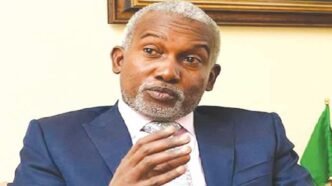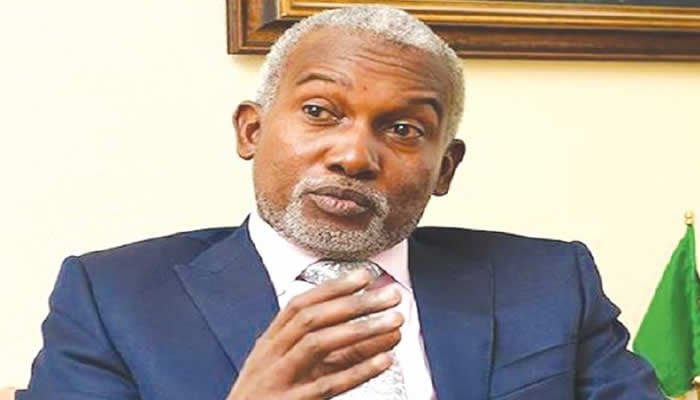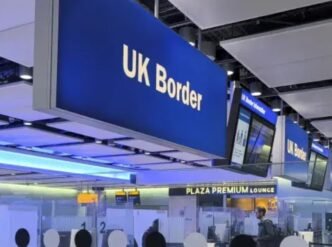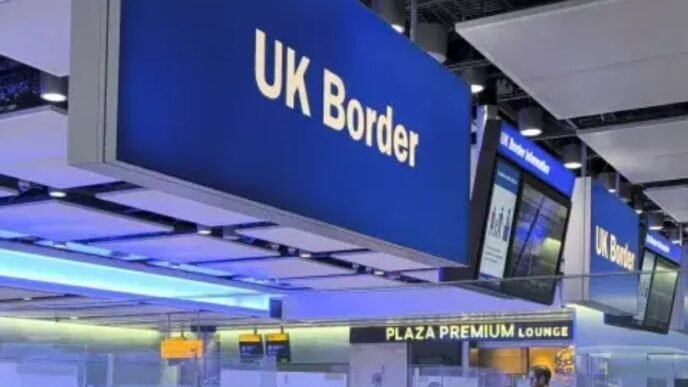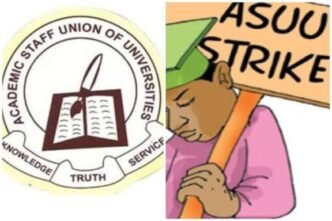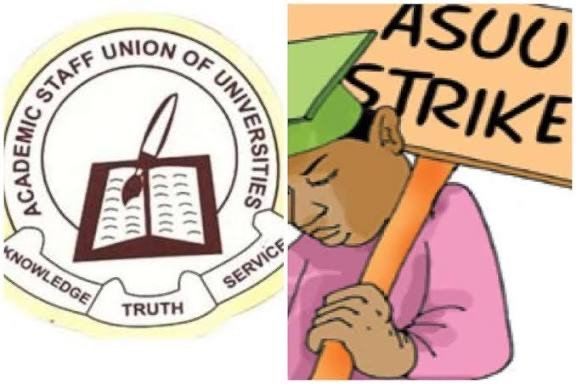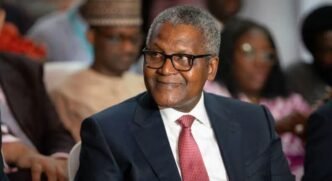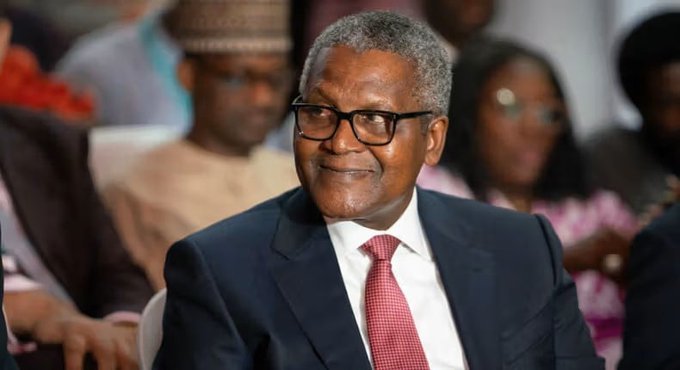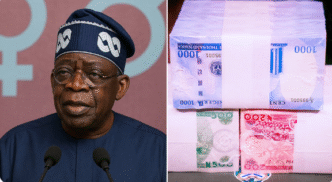The Federal Government of Nigeria has initiated diplomatic engagement with the United States Government following fresh allegations by American lawmakers accusing Nigeria of complicity in what they describe as “state-backed persecution and genocide against Christians.”
The development comes after Texas Republican Senator Ted Cruz introduced a bill in the US Senate on September 11, 2025, titled the Nigeria Religious Freedom Accountability Act of 2025 (S.2747). The proposed legislation seeks to reinstate Nigeria’s designation as a “Country of Particular Concern” (CPC) under the International Religious Freedom Act, a classification that could attract sanctions or restrictions against certain Nigerian officials.
Sources within the Ministry of Foreign Affairs confirmed to Sunday PUNCH that the Nigerian Government has “formally opened diplomatic conversations” with Washington to address the “misleading and politically motivated” claims embedded in the bill.
According to senior officials, the Ministry has dispatched a series of diplomatic correspondences to the US State Department and engaged the US Embassy in Abuja in what is described as “constructive dialogue” to clarify Nigeria’s position on religious freedom and human rights.
FG Rejects Allegations, Describes Bill as “Unfounded and Politically Driven”
A senior foreign affairs official, who spoke under anonymity because he was not authorized to comment publicly, disclosed that the Federal Government considers the allegations in the bill to be “a deliberate mischaracterization of Nigeria’s complex security and religious landscape.”
“The claim that Nigeria is engaged in a Christian genocide is baseless and deeply unfair,” the source said. “Our government protects the rights of all faiths equally. What we are dealing with in many parts of the country—especially in the North—is terrorism and criminal banditry, not religious persecution sanctioned by the state.”
He added that the Nigerian Embassy in Washington had been directed to intensify engagement with members of the US Congress, particularly those on the Senate Foreign Relations Committee, to provide accurate data and contextual understanding of Nigeria’s internal challenges.
Understanding the US Bill
Senator Ted Cruz’s proposed Nigeria Religious Freedom Accountability Act of 2025 alleges that the Nigerian Government has “failed to protect Christian communities from mass killings and systemic discrimination.” The bill also calls for the US Secretary of State to reinstate Nigeria’s designation as a Country of Particular Concern (CPC) — a label Nigeria held briefly in 2020 before being removed by the Biden administration in 2021.
The bill proposes a range of punitive measures, including visa bans on Nigerian officials allegedly complicit in human rights violations, restrictions on military assistance, and mandatory reporting on religious freedom conditions in Nigeria.
In defending the bill, Senator Cruz argued that “religious persecution in Nigeria has reached genocidal proportions,” pointing to reports of attacks on Christian villages, kidnappings of priests, and church burnings by extremist groups in northern and central Nigeria.
FG Cites Progress in Security and Interfaith Efforts
The Nigerian Government, however, maintains that the narrative presented in the bill distorts the realities on the ground.
Speaking on the development, the Minister of Foreign Affairs, Ambassador Yusuf Tuggar, said Nigeria remains committed to religious freedom and interfaith harmony. He dismissed the genocide claims as “a politically motivated misrepresentation” that undermines Nigeria’s efforts against terrorism and insurgency.
“We have consistently upheld freedom of worship as enshrined in our Constitution,” Tuggar stated. “What Nigeria faces today are security challenges caused by terrorist groups like Boko Haram and ISWAP, which attack both Muslims and Christians. The claim of a state-backed Christian genocide is not supported by evidence.”
He added that the Federal Government is strengthening cooperation with religious and community leaders across the country to promote peacebuilding and reconciliation initiatives.
Christian and Muslim Leaders Weigh In
Religious leaders across Nigeria have reacted differently to the allegations.
The Christian Association of Nigeria (CAN) acknowledged that Christians have suffered repeated attacks in certain regions but stopped short of describing the situation as genocide.
In a statement signed by CAN President, Archbishop Daniel Okoh, the association urged the Federal Government to address insecurity more decisively while appealing to the US not to politicize Nigeria’s religious dynamics.
“While we recognize the genuine concern for religious freedom, labeling Nigeria as a country that supports genocide against Christians is inaccurate and unhelpful,” the statement read. “The majority of Nigerians, both Christians and Muslims, are victims of terrorism, not perpetrators.”
Similarly, the Nigerian Supreme Council for Islamic Affairs (NSCIA) condemned the US bill, saying it risks inflaming religious tensions and misrepresenting the nature of Nigeria’s conflict.
“Islamic and Christian communities alike have been attacked by the same terrorist groups. The Nigerian state is not targeting any faith,” the NSCIA said in a communique issued in Abuja.
Diplomatic History and US–Nigeria Relations
The latest controversy adds a new layer to the long-running tension between Washington and Abuja over religious freedom and human rights assessments.
In 2020, under the Trump administration, Nigeria was designated a “Country of Particular Concern” for alleged violations of religious freedom. The designation was removed in 2021 by the US Secretary of State, Antony Blinken, following what Washington described as “constructive engagements” and “improvement in Nigeria’s commitment to religious tolerance.”
However, advocacy groups in the United States, such as the International Christian Concern (ICC) and Open Doors USA, have continued to pressure Congress to restore Nigeria’s CPC status, citing ongoing attacks on Christian communities in the Middle Belt and parts of the North-East.
Analysts Warn of Diplomatic and Economic Fallout
International relations experts warn that the reintroduction of Nigeria’s CPC designation could strain bilateral relations, potentially affecting US aid, security cooperation, and investment flows.
Dr. Femi Aluko, a lecturer in international diplomacy at the University of Lagos, said the allegations have “serious implications” for Nigeria’s image and access to foreign funding.
“Once a country is designated as a violator of religious freedom, it affects everything from trade negotiations to defense partnerships,” Aluko explained. “Nigeria must manage this crisis through diplomatic engagement and transparent communication with both the US government and its citizens.”
He added that Nigeria should also strengthen its domestic accountability systems to address human rights concerns credibly and prevent external interference.
Way Forward: Diplomacy over Division
The Federal Government has reiterated its commitment to resolving the matter through diplomatic dialogue, rather than confrontation.
A statement from the Ministry of Foreign Affairs late Saturday night emphasized that Nigeria values its strategic partnership with the United States and would continue to engage “in the spirit of mutual respect and shared democratic values.”
“The Nigerian Government will continue to uphold religious freedom, promote interfaith understanding, and protect all citizens, irrespective of faith or ethnicity,” the statement said.
As diplomatic discussions continue, both nations are expected to balance concerns over human rights with the need to sustain a longstanding partnership that spans counterterrorism, trade, education, and global peacekeeping cooperation.
For now, Abuja’s priority remains clear: to convince Washington—and the world—that Nigeria’s struggle against insecurity is not a war of religion, but a fight for national survival and unity.

